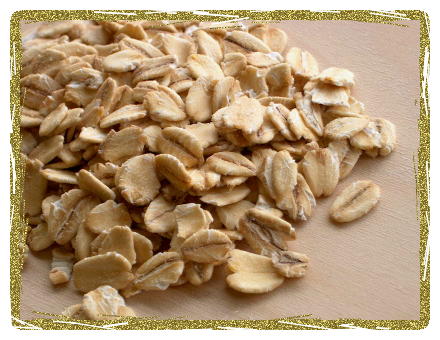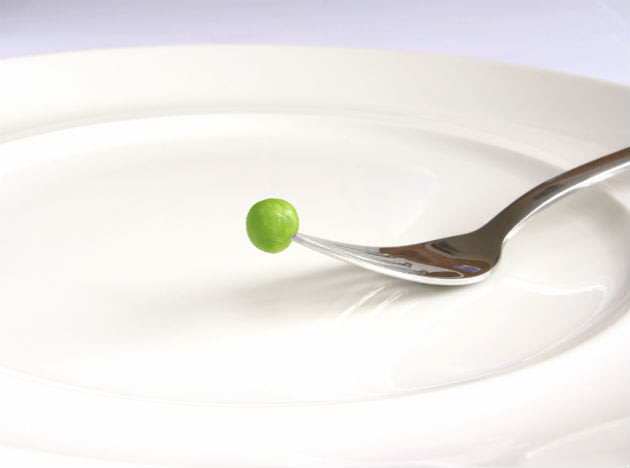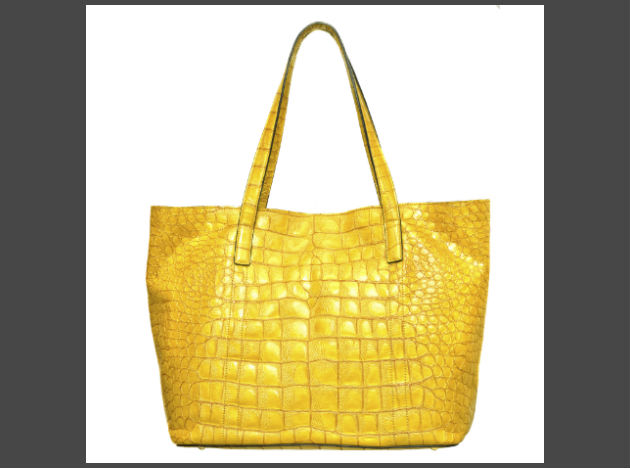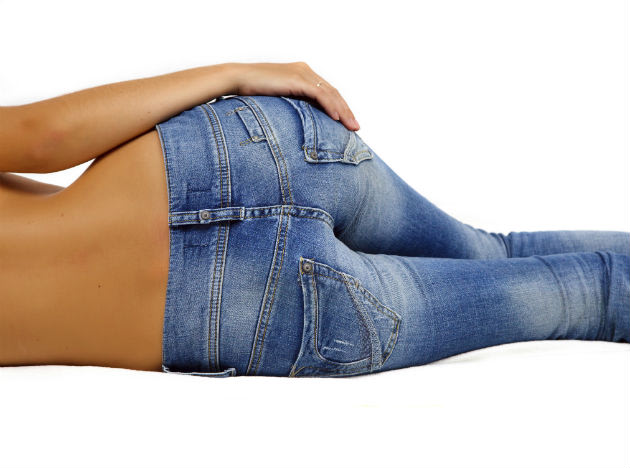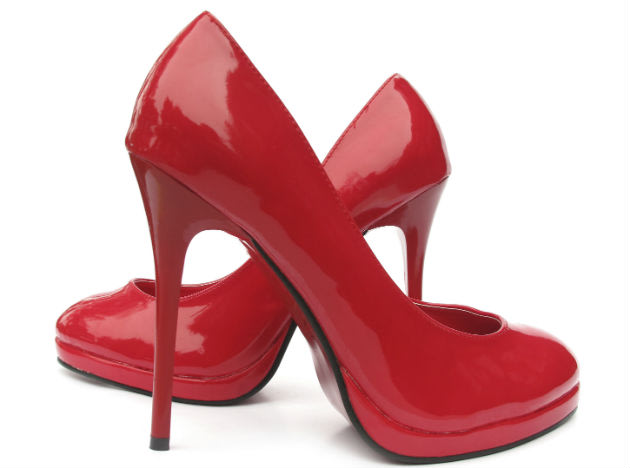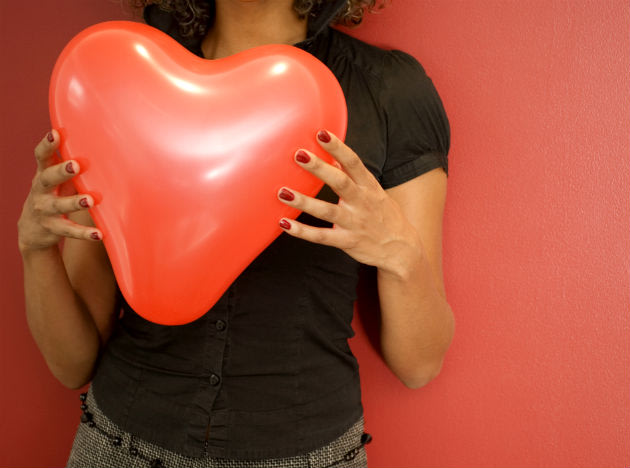While it is important to include a wide variety of vitamins and minerals into your diet, there are some important nutrients you need to pay special attention to; ones that many of us aren’t getting enough of. Here are 5 essential nutrients you really need.
Essential nutrient 1: Omega-3 fatty acids
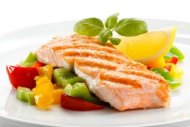
Why you need it: Do you want to live longer, look better and feel happier? Then you need to eat more omega-3 fatty acids. Research studies have shown that an omega-3 deficiency can lead to depression, aggressive behavior and mood swings, while the essential fatty acids can also prevent heart disease, maintain good eye health, help you lose weight and keep your skin and hair in great condition. However, despite all of these benefits, many of the population consistently fail to get enough omega-3 fatty acids into their diets.
How to get it: One of the best sources of omega-3 fatty acids is oily fish such as salmon, mackerel and sardines. The American Heart Association recommends that most of us should eat oily fish twice per week. If you are not a fan of fish, other good sources include flaxseeds and walnuts.
Essential nutrient 2: Vitamin D

Why you need it: Not only does vitamin D help the body to absorb calcium, thereby promoting good bone health, it is also essential for overall wellbeing. Those deficient in vitamin D are at greater risk of developing certain cancers, osteoporosis, mental illness and heart disease. While many people don’t see consuming vitamin D as a necessity as our bodies produce the nutrient itself when exposed to the sun, excessive use of sun protection combined with long periods without adequate sunshine in certain parts of the world have meant that many of us are deficient in this essential nutrient.
How to get it: Spending time in the sun is a good way to boost your reserves of vitamin D. While it is essential to take care in the sun, experts recommend we spend 10 minutes in the sun each day without sunblock. Good food sources of vitamin D also include oily fish and egg yolk.
Essential nutrient 3: Iron

Why you need it: Iron deficiency is the most common nutrient deficiency in the world, affecting between four and five billion people worldwide. Given that iron is an extremely important nutrient which is integral to many bodily processes, it is important to try to get enough of this mineral; particularly in the case of pre-menopausal and/or pregnant women who are more prone to deficiency. Symptoms of iron deficiency include tiredness, low energy levels and headaches. It can also affect your physical appearance, causing hair loss, flaking nails and a pale complexion.
How to get it: The best sources of easily absorbed iron are animal products such as red meat, offal, chicken and eggs. For vegetarian sources, opt for green leafy vegetables, pulses and dried fruit. It may also be worthwhile cutting down on tea and coffee, as these contain polyphenols that can make it difficult for our bodies to absorb iron, and drinking orange juice with meals, as vitamin C helps with the absorption of iron.
Essential nutrient 4: Vitamin B12

Why you need it: Vitamin B12 is an essential nutrient which is required by the body to make new red blood cells and to help keep the nervous system healthy. Vitamin B12 deficiency can lead to anemia, which can have dangerous consequences if left untreated. Symptoms of anemia include tiredness, a pale complexion, breathlessness and tingling hands and feet. Vitamin B12 deficiency can also lead to mental health problems such as memory loss, confusion, mood swings and depression. Studies have suggested that getting enough vitamin B12 can help reduce the risk of Alzheimer’s.
How to get it: Vitamin B12 is found in animal products including meat, eggs and dairy produce. As it is not available in fruit and vegetables, vegans should make sure they eat foods that are fortified with vitamin B12, such as breakfast cereals, or take a vitamin B12 supplement.
Essential nutrient 5: Iodine

Why you need it: Iodine deficiency significantly affects the brain development of unborn babies and young children and is the main cause of preventable mental retardation and brain damage across the world. It also increases the risk of miscarriage and stillbirth, which could be a major problem given the numbers of women suffering from this deficiency.
How to get it: Iodine deficiency can be alleviated through the use of iodised salt, which is widely available in many parts of the world. Other food sources of iodine include milk, eggs, fish, seafood and seaweed such as nori and kelp.
Essential nutrient 1: Omega-3 fatty acids

Why you need it: Do you want to live longer, look better and feel happier? Then you need to eat more omega-3 fatty acids. Research studies have shown that an omega-3 deficiency can lead to depression, aggressive behavior and mood swings, while the essential fatty acids can also prevent heart disease, maintain good eye health, help you lose weight and keep your skin and hair in great condition. However, despite all of these benefits, many of the population consistently fail to get enough omega-3 fatty acids into their diets.
How to get it: One of the best sources of omega-3 fatty acids is oily fish such as salmon, mackerel and sardines. The American Heart Association recommends that most of us should eat oily fish twice per week. If you are not a fan of fish, other good sources include flaxseeds and walnuts.
Essential nutrient 2: Vitamin D
Why you need it: Not only does vitamin D help the body to absorb calcium, thereby promoting good bone health, it is also essential for overall wellbeing. Those deficient in vitamin D are at greater risk of developing certain cancers, osteoporosis, mental illness and heart disease. While many people don’t see consuming vitamin D as a necessity as our bodies produce the nutrient itself when exposed to the sun, excessive use of sun protection combined with long periods without adequate sunshine in certain parts of the world have meant that many of us are deficient in this essential nutrient.
How to get it: Spending time in the sun is a good way to boost your reserves of vitamin D. While it is essential to take care in the sun, experts recommend we spend 10 minutes in the sun each day without sunblock. Good food sources of vitamin D also include oily fish and egg yolk.
Essential nutrient 3: Iron

Why you need it: Iron deficiency is the most common nutrient deficiency in the world, affecting between four and five billion people worldwide. Given that iron is an extremely important nutrient which is integral to many bodily processes, it is important to try to get enough of this mineral; particularly in the case of pre-menopausal and/or pregnant women who are more prone to deficiency. Symptoms of iron deficiency include tiredness, low energy levels and headaches. It can also affect your physical appearance, causing hair loss, flaking nails and a pale complexion.
How to get it: The best sources of easily absorbed iron are animal products such as red meat, offal, chicken and eggs. For vegetarian sources, opt for green leafy vegetables, pulses and dried fruit. It may also be worthwhile cutting down on tea and coffee, as these contain polyphenols that can make it difficult for our bodies to absorb iron, and drinking orange juice with meals, as vitamin C helps with the absorption of iron.
Essential nutrient 4: Vitamin B12

Why you need it: Vitamin B12 is an essential nutrient which is required by the body to make new red blood cells and to help keep the nervous system healthy. Vitamin B12 deficiency can lead to anemia, which can have dangerous consequences if left untreated. Symptoms of anemia include tiredness, a pale complexion, breathlessness and tingling hands and feet. Vitamin B12 deficiency can also lead to mental health problems such as memory loss, confusion, mood swings and depression. Studies have suggested that getting enough vitamin B12 can help reduce the risk of Alzheimer’s.
How to get it: Vitamin B12 is found in animal products including meat, eggs and dairy produce. As it is not available in fruit and vegetables, vegans should make sure they eat foods that are fortified with vitamin B12, such as breakfast cereals, or take a vitamin B12 supplement.
Essential nutrient 5: Iodine

Why you need it: Iodine deficiency significantly affects the brain development of unborn babies and young children and is the main cause of preventable mental retardation and brain damage across the world. It also increases the risk of miscarriage and stillbirth, which could be a major problem given the numbers of women suffering from this deficiency.
How to get it: Iodine deficiency can be alleviated through the use of iodised salt, which is widely available in many parts of the world. Other food sources of iodine include milk, eggs, fish, seafood and seaweed such as nori and kelp.

